10 YEARS AND STILL MISSING: THE ABDUCTION OF AAMINA KHAN
Taken overseas by her mother, Aamina's dad tells of the decade-long search for his daughter
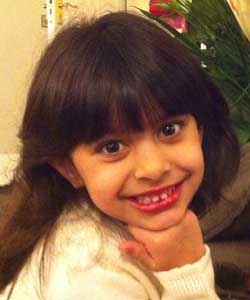
On 26th August 2011, six-year-old Aamina Ruqayyah Khan was taken from her grandmother's home in Morden by her mother to Pakistan.
But her mother was not her primary carer. Her father, who lived in Croydon, had gained custody of her after their marriage had broken down when Aamina was just three.
By removing the child from her father, she had committed a crime under the Child Abduction Act 1984.
Now, 10 years later, as Aamina reaches a milestone at 16 years old, Khan still does not know whereabouts of his daughter, and spoke to South West Londoner about their story and the desperate quest to find her.
WHAT IS PARENTAL CHILD ABDUCTION?
Parental child abduction is when a person connected to a child under 16 takes them away from their country of habitual residence, without the permission of either those with parental responsibility or the courts.
It often takes place after a separation or divorce and is commonly carried out by the parent who has not been awarded custody of the child.
In 70% of these cases the abductor is the mother.
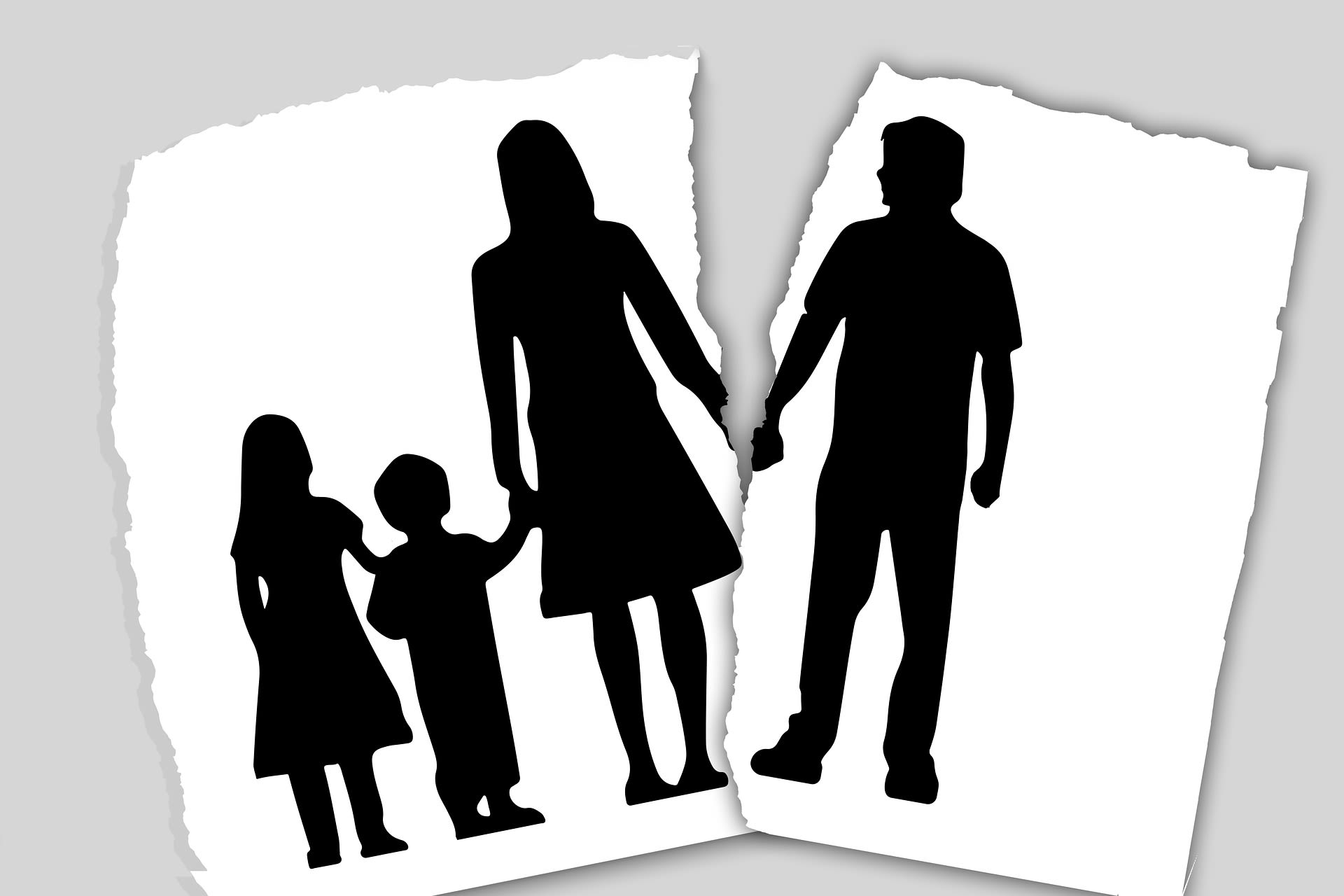
"She was a happy-go-lucky child."
Dr. Safraz Khan ~ Aamina's father
Born in July 2005 to parents Dr. Safraz Khan and Dr. Humma Fazal Karim Dar, Aamina was one of 14 grandchildren in her family.
Her father, 52, fondly described her as happy, intelligent, prim and proper as a child, with a love for performance and a great bond with her cousins.
He said: “She loved the parties, going disco and parties with her friends and going to the theatre.
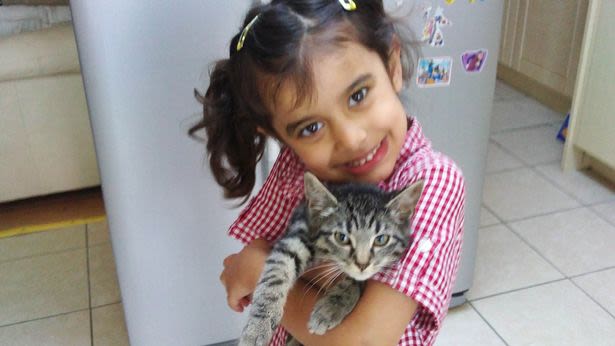
Image credit: Safraz Khan
Image credit: Safraz Khan
"She had everything at home, extended family on both sides. And she had a cat as well, we got a little cat. Just generally a happy child under the circumstances.”
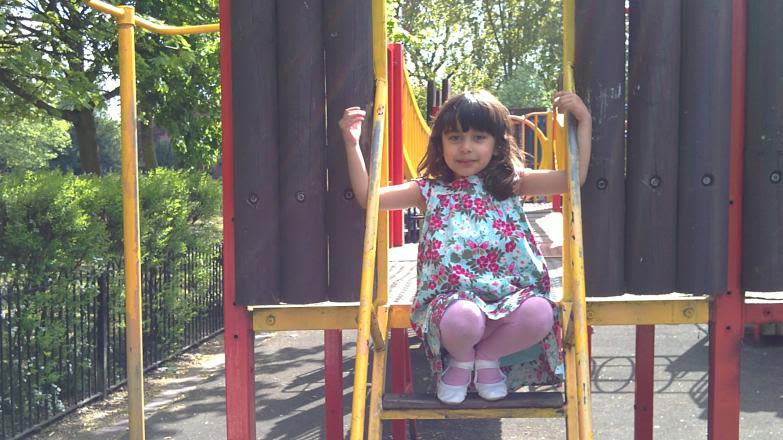
Image credit: Safraz Khan
Image credit: Safraz Khan
The circumstance was a break down in her parents' marriage, which led to Aamina’s father being awarded custody of her in 2008. After the court battle, Humma Fazal Dar was allowed to keep her daughter on three weekends each month.
But since this separation, Khan said he had some concerns about Aamina being abducted and in 2010 had even phoned the passport office to voice this concern. He reflected that earlier in 2011 hearing his daughter's words also gave him some indication that the abduction could happen, when she told him: "I don't want to live in Africa."
"It's like a bereavement."
20th August 2011 would be last time Dr. Khan saw his daughter.
It was the summer holidays, when six-year-old Aamina Khan was staying at her grandmother's house that she was taken by her mother to Pakistan.
Khan was expecting to collect his daughter as usual, but was horrified to find out she and his ex-wife were gone.
He called the police to report her missing, and flew to Pakistan to where he believed she was taken at the time.
He said her family alleged she would be taking Aamina to Lake District, but believes she had planned to use this visitation to take her abroad. Having left without Aamina's belongings, which he believes were taken separately beforehand, Khan was certain this was not a spontaneous act.

Two years later, in a court hearing in 2013 at the Family Division of the High Court the judge sympathised with Khan's situation, promising that the courts "will not give up".
But Khan remembered the moment as one of despair, as he broke down in court.
He said: "I walked out. I just walked out. I was in tears. Last time I cried. I walked out in tears. I knew it was coming."
Dar was struck off by a panel of the Medical Practitioners Tribunal Service (MPTS) as a result of the abduction that same year.
How does international law intervene?
In 1980, the Hague Convention on the Civil Aspects of International Child Abduction came into effect, with 101 nations currently signed to the treaty.
The Convention aims to protect children from the harmful effects of international abduction by a parent by encouraging the prompt return of abducted children to their country of habitual residence, and to organise or secure the effective rights of access to a child.
In the Convention’s explanatory report Professor Elisa Perez-Vera explained: “It frequently happens that the person retaining the child tries to obtain a judicial or administrative decision in the State of refuge, which would legalize the factual situation which he has just brought about."
So how do parents fare when the countries have their own systems? In countries like Pakistan, either not signed up to the Convention or not in a bilateral agreement with the UK, there are greater challenges to the return of the abducted child, leaving little options for reunification.
The search
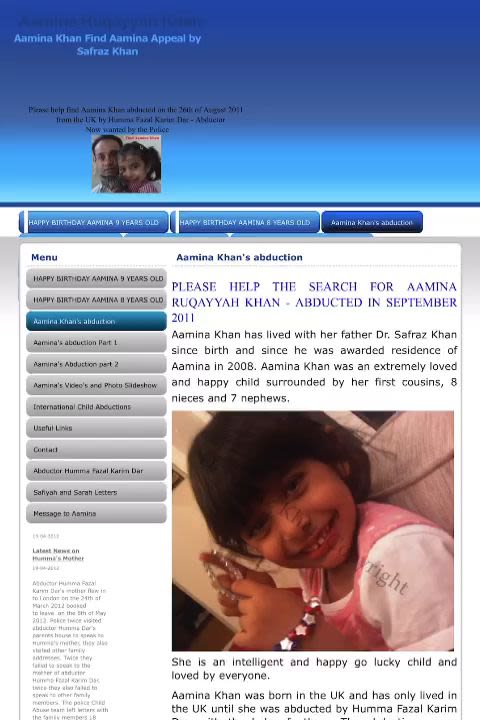
"If there is a God, he sure made sure he shut all the doors because I have just been so unlucky."
In 2012, Khan created a website to appeal to the public to find his daughter. Within it were pictures and videos, a message from him, and two of Aamina's cousins.
Aamina, wherever you are, your papa loves you very much. If you have been told your father doesn’t love you or doesn’t care about you, or never wanted you, or gave you to your mother then it’s a lie."
Khan had begun civil court action in the hope of finding his daughter, flew to Pakistan numerous times over the years, spending thousands of pounds following new leads and fresh hope for finding his daughter, and writing letters to every school in the country he could find.
But his efforts to appeal to the public would often be thwarted by bogus calls from people looking to elicit large sums of money from him.
He explained: "One incident, somebody phoned me and said I know where your daughter is. I spoke to the person, my solicitor spoke to the person, and he said, 'come to Karachi, I know where she is.' I flew out on a Friday, got there on a Saturday and by Sunday, I'm flying back to the UK because it was a hoax."
Khan also believes his gender and heritage has not helped with how people perceive his case, and that it would have been treated with a greater sense of urgency had the circumstances been different.
He added: "If it had been the other way around, then they would have been pursuing it a bit more vigorously. But at the end of the day, I was a male. I was a Pakistani. And that all went against me, unfortunately. But what can I do about it? Nothing."
"The first year I wanted my daughter back.
That second year I wanted my daughter back.
The third year I wanted my daughter back.
But then as you go on to the fourth, fifth and six, you're thinking, I just want to have contact."

Image credit: Safraz Khan
Image credit: Safraz Khan
Now almost ten years later, Khan has a home with his new wife and two children. But he stressed that having more children could never fill the hole left by his missing daughter.
He said: "There was a different way I was with Aamina then and now I have two different kids but I can't replace her. I can't replace Aamina with my daughter or my son. Because she is unique, as are these two kids."
Khan tells his children about their older sister, and he has attempted to keep her present in the family, with her drawings, unopened toys and birthday gifts still stored in his home, and a cake cut in her honour to celebrate every new year in her life.
He now simply hopes to get in contact with his daughter, whom he accepts may be different to the girl who vanished ten years ago.
He said: "I still want her to know that she has a family. She has a father. She has stepsisters, a stepsister, stepbrother, and she's got an opportunity if she ever wanted to come and stay with me for holiday. She could come."
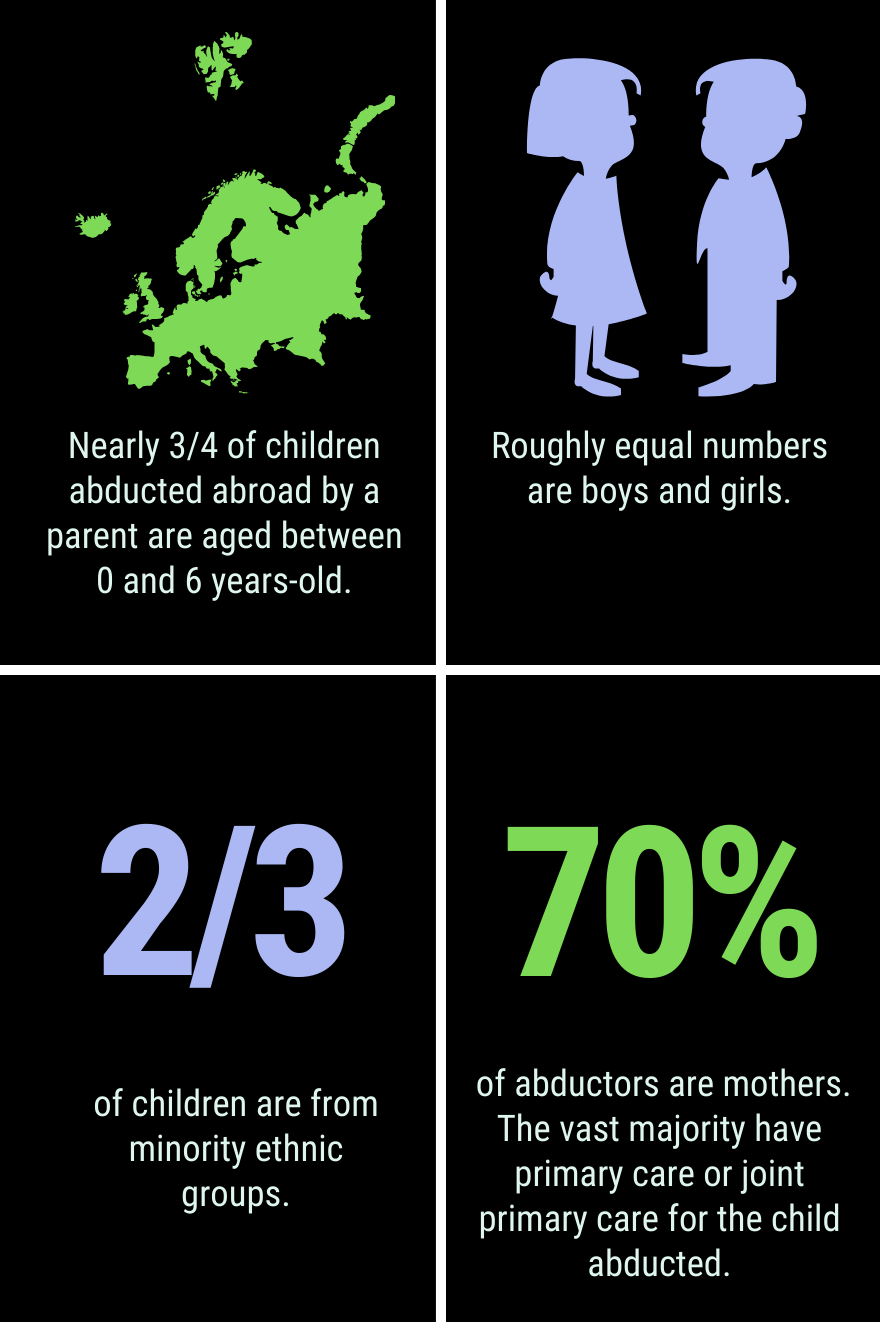
Source: Action Against Abduction
Source: Action Against Abduction
"There are very few winners because life is disrupted, and difficult in many ways for all of those who are involved in an abduction event."
Professor Marilyn Freeman ~ University of Westminster
What are the long term affects of child abduction?
There can be many long-term challenges posed when a child is taken abroad unlawfully, for all parties involved.
Professor Marilyn Freeman, a Principal Research Fellow at University of Westminster who specialises in International Child Abduction has conducted research into the effects on both parents and children.
For the child, issues of loneliness and mistrust, difficultly adjusting to language, culture and environment may arise when taken out of their residence to a place they have never been before, or a place they have only visited briefly in the past.
Her 2014 study investigating the impact on adults who were abducted as children showed that these effects were ongoing into their adult lives many years after the event.
She explained that the Hague Convention looks to return the child home as promptly as possible for this reason.
She said: "The longer the child is away for the more distant the memory of the left‐behind life becomes. Sometimes children are told that the left‐behind parent doesn't want them. Or that they've moved, we don't know where they've moved to, they don't care about you. Or they're even told that left behind parent has died."
Freeman also believes more awareness should be raised on parental child abduction, as it is more serious than perceived.
She said: "Unfortunately, some of the children who are abducted by parents can be exposed to the same negative events as in a stranger abduction, so they can be abused: that can be sexual abuse, that can be physical abuse, that can be neglect."
She said it is recognised that the longer the absence continues, the more difficult it is, and then it may not be any longer in the child's best interests to be returned, due to the process of child development.
"For children, time runs differently to the way it does for adults. So a year is a long time and it goes very quickly for adults. But when a child's developing a year, two years, three years, it's a very long time."
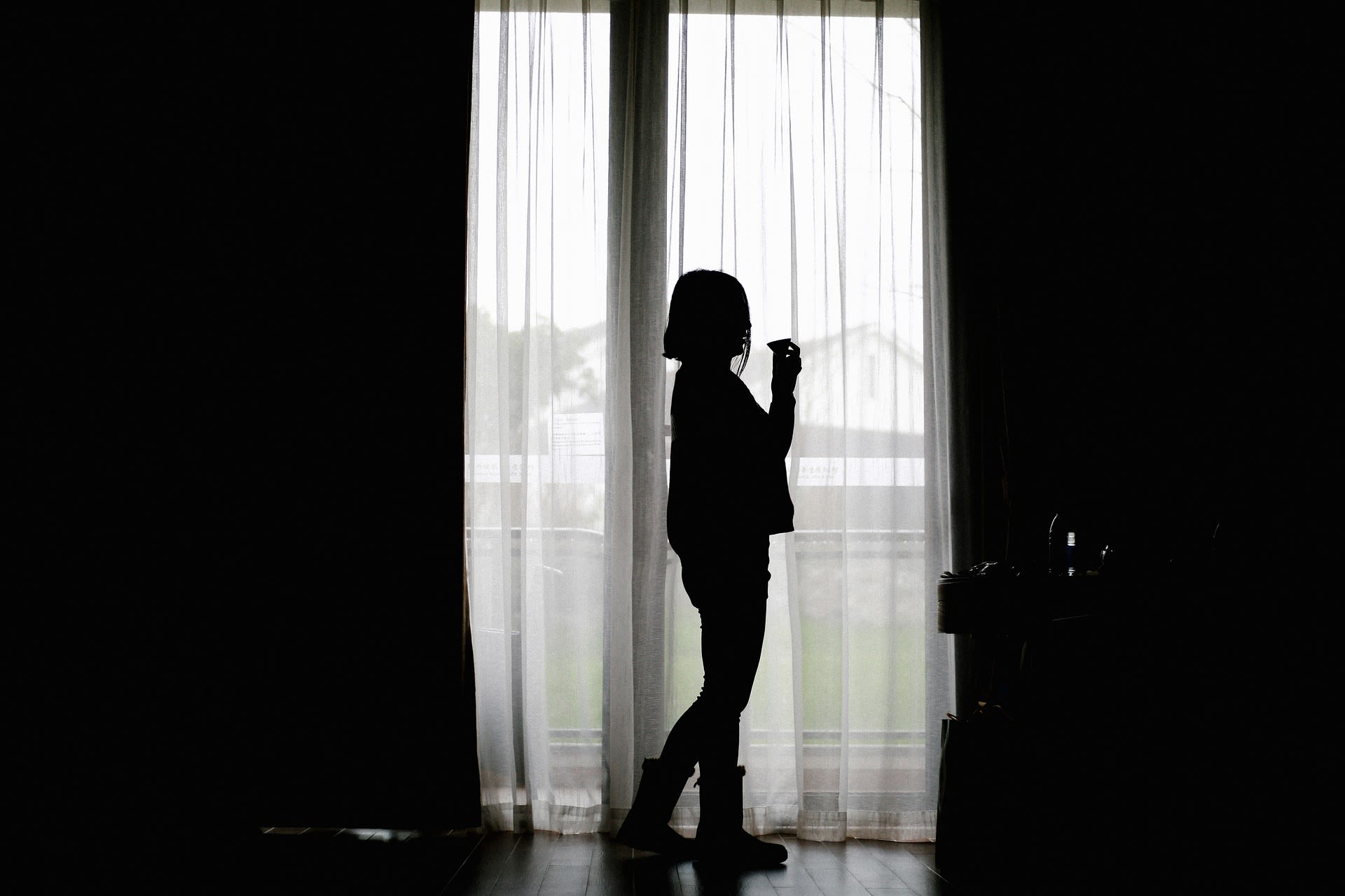
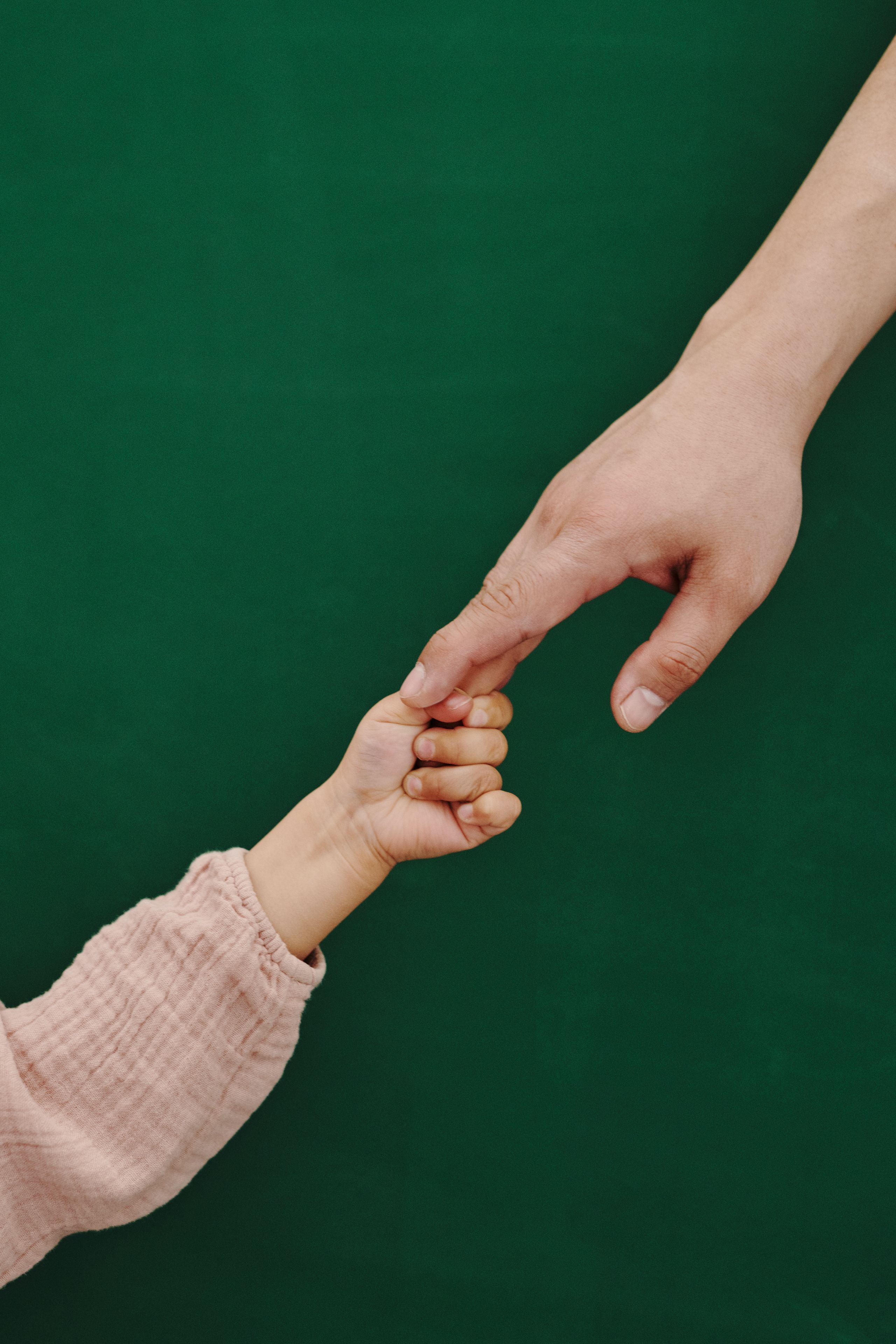
On the parent, she said: "The left‐behind parent has to suffer the often very abrupt losing of contact with the abducted child. And at the same time the worry and distress of not knowing where that child is, of not having or not having any further contact with the child.
"Some left‐behind parents spend years and enormous amounts of money and resources in searching for the child. Also, at the same time dealing perhaps with another child or another sibling who was not abducted or a sibling who's born afterwards."
Freeman believes more should be done to address child abduction and its long-lasting impacts on the child, the abductor and left behind parent.
She said: "There needs to be a recognition of the psychological impact that abduction can have on the abducted child, and how there needs to be post abduction support for all of those involved in the abduction event."
LISTEN: Are child abductions on the rise?
But for parents like Khan not yet reunited with their loved ones, Vicky Mayes of Reunite, a charity supporting parents dealing with child abduction cases, believes that hope is not lost.
She said: "The general overarching thing I would say is to not give up hope. We have seen all sorts of unexpected things through our advice line.
"We are lucky enough to get calls through from parents who haven't seen their children for 10, 20 years who have had their adult children reaching out to them. We have seen cases where children who have been off the radar for years have suddenly been brought back into the country.
"So I would say to any parent, do not give up hope. Yes, you may have done everything that you possibly can. But there is still the possibility of something positive happening in the future."
Khan doesn't know whether he'll see his daughter again, and whether his daughter will find a way to get back to him.
All he can do now is count the days and continue to wait.
With regards to Aamina's case, a Met Police spokesperson said: "In August 2011 the girl - then aged 6 who resided with her father - was taken by her mother in a pre-arranged visit from her home in Croydon. The child was not returned, and inquiries confirmed that the mother and her daughter flew to Pakistan that month. We continue to liaise with the Pakistani authorities through Interpol, but at this time the child’s whereabouts are still unknown."